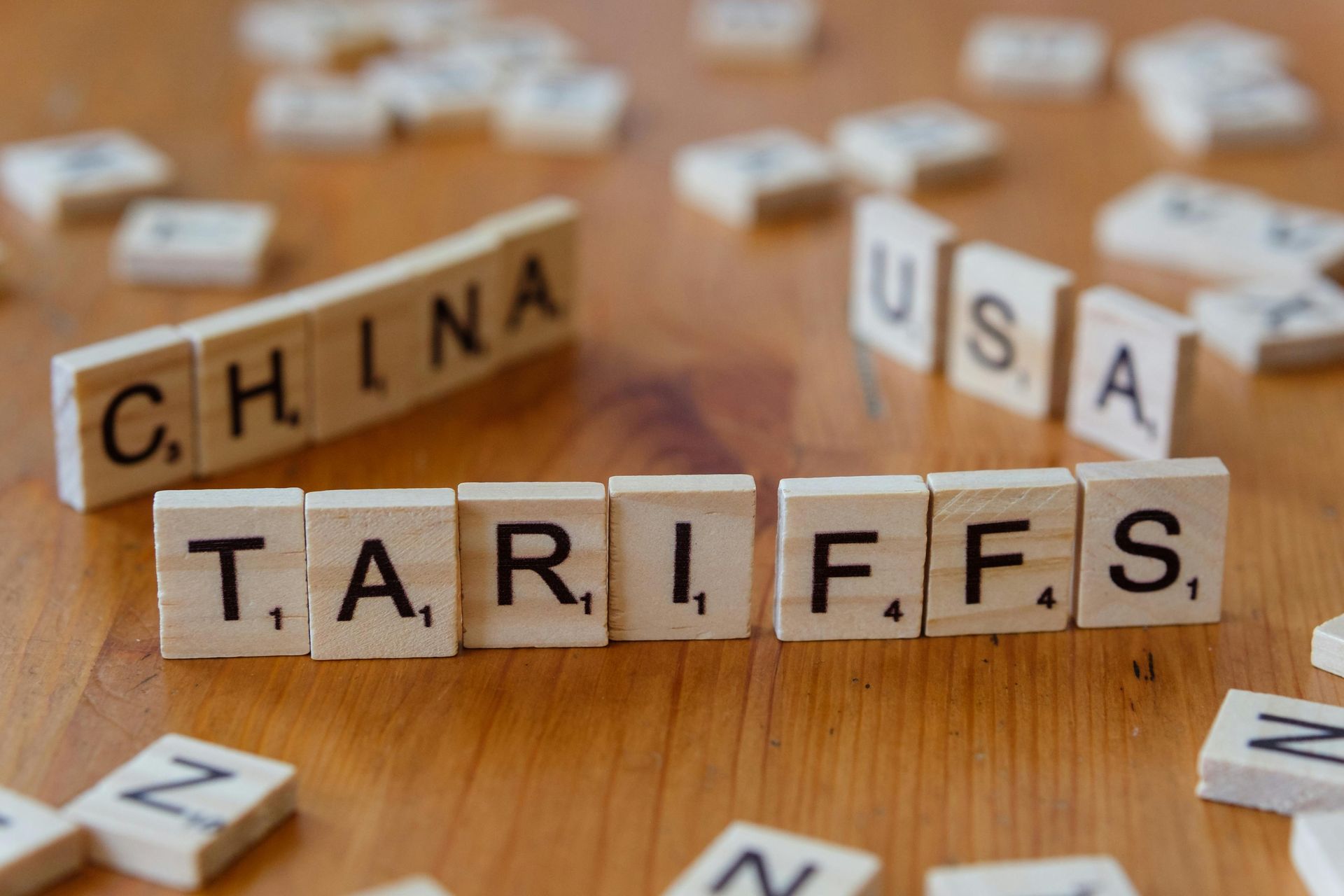By Ross Silver
•
June 19, 2025
Layoffs in 2025 are reshaping the workforce. Government, tech, retail, accounting, manufacturing, and logistics have been dealing with the biggest cuts. Driven by tariffs, cost-cutting, AI adoption, and federal downsizing, these layoffs show a shift in the economy. Government-related layoffs remain the biggest single source of reductions, with more than 284,000 job cuts attributed to direct or indirect impacts of Elon Musk’s Department of Government Efficiency (DOGE). The Retail industry announced 11,483 job cuts in May, bringing their total year to date job layoffs to more than 75,000, up 274% from 2024. Tech Layoffs also surged. According to data by Challenger, Gray & Christmas (CG & C), an outplacement firm, the tech industry holds the bronze medal for most layoffs in 2025. Total layoffs for 2025 hover right at 75,000, representing a 35 year over year surge. Why is this happening? What are the reasons behind the mass layoffs of 2025? Per CG & C, nearly half of all layoffs so far in 2025 have been driven by cuts related to the DOGE’s efforts to reduce government waste, and restore fiscal discipline to the federal government. Another big contributing factor in the layoffs across the sectors is Artificial Intelligence. Tools like ChatGPT, GitHub Copilot, and RPA (Robotic Process Automation) have made several support and low-code tasks redundant. Those who haven’t upskilled to work with AI are the most vulnerable to losing their jobs. This segues into another contributing factor…. employees working in outdated technologies. Many of these employees are being replaced by fewer, highly skilled professionals in AI, Cyber security, and Data Engineering. Today, layoffs are not about performance, but about irrelevance. Finally, thanks to remote work, companies can now hire skilled talent from anywhere. While this is a plus for employers, it also comes with negative consequences such as more pressure for local salaries, more competition for every job, and outsourcing jobs to cheaper regions. How can individuals position themselves to be layoff-proof? Most people would agree that reducing government wasteful spending and restoring fiscal discipline to the federal government is a good thing; therefore those layoffs will probably continue until that gets under control. However, while those government employees may not currently be layoff-proof, they can reinvent themselves to become layoff-proof if they are willing to put in the work. Here are a few tips: Learn future ready skills such as AI, Data, Cloud, etc. Be agile and ready to adapt to cross-functional roles. Upgrade your tech stack regularly through certifications, real world projects, and online courses. Layoffs in 2025 are not just about cutting costs. They are also about realigning talent with the future of work. Tariffs and trade wars are sometimes scapegoats for companies. They may use these trends to conduct firings, pivoting to AI-driven models. If a person is working in outdated technologies, or not adapting to the new AI driven world, then their risks are real. However, opportunities are just as real. Those who take initiative, invest in upskilling, and stay future focused will not only survive, but will thrive. Tickers to consider: JTAI , VNRX , ZVSA , FBRX , POAI , PPCB Sylva Disclaimer: https://www.sylvacap.com/disclaimer






